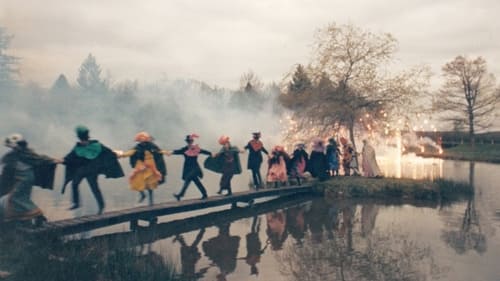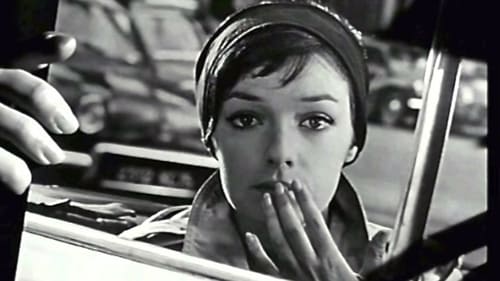Jean-Gabriel Albicocco
Nacimiento : 1936-02-15, Cannes, France
Muerte : 2001-04-10
Historia
Director de cine francés, nacido en Cannes. Hijo del director de fotografía Quinto Albicocco, estaba llamado a iniciarse en la industria del cine de la mano de su padre. Sus primeros pasos profesionales fueron como ayudante de dirección, y se estrenó como director con La muchacha de los ojos de oro (1961). La película, protagonizada por François Dorléac, Marie Laforêt y Paul Guers, exploraba la relación entre dos mujeres, que se veía truncada cuando una de ellas se enamora de un hombre. Brigitte Fossey, Jean Blaise y Alain Libolt se reúnen en El Gran Meaulness (1967). La historia de Agustin Meaulness transcurre en la Francia rural de 1890. El continuo movimiento y la continua búsqueda del protagonista son planteados por el director como metáfora de la propia búsqueda del amor. Aunque el enamoramiento de Meaulness es eterno, no está exento de una constante inquietud que se traduce en sus idas y venidas. Albicocco se sumó así a las corrientes y tratamientos del amor en el cine francés, aportando cierta ensoñación visual que convirtió sus películas en cuentos. La propia inquietud del director dentro de esta temática, le llevó a afirmar otros títulos con el mismo interés temático, como Le coeur fou (1970), protagonizado por Michel Auclair y Ewa Swann, Le petit matin (1971), que contó con el guionista Mathieu Carrière en su reparto, y Faire l’amour (1971), una coproducción en la que estuvieron implicados Francia, Japón, Suecia, Estados Unidos y Alemania, y rodada en sueco.


